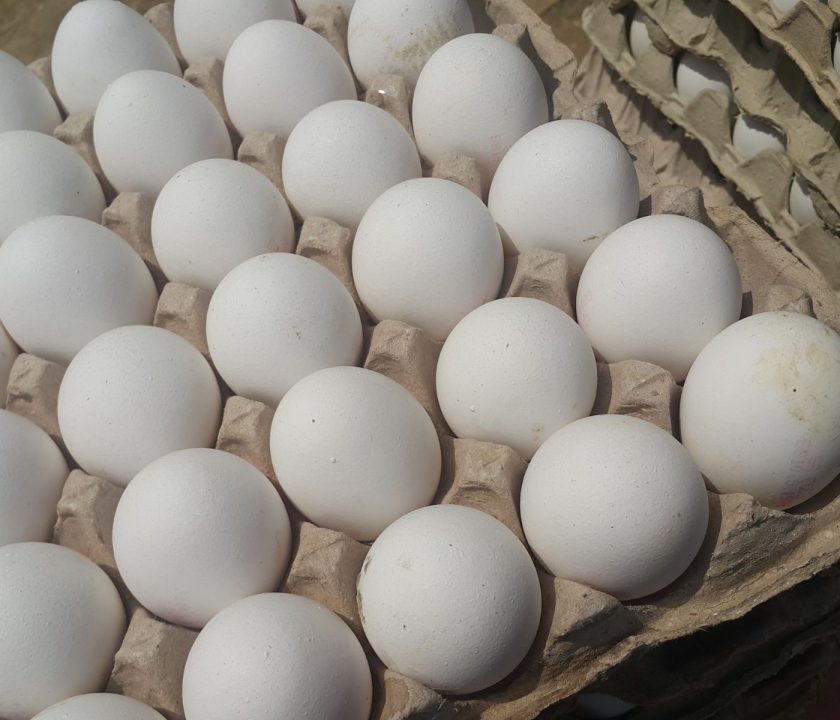Russia
Russians express their concern about the increase in the price of a basic food: eggs, which points to the fragile economic situation, affected by sanctions.
Vladimir Putin, Russia’s president, repeatedly praises his economy’s resilience in the face of sanctions, but Russians’ purchasing power is declining and inflation accelerated to 7.5% annually in November.
The increase in egg prices was 40% annually in November, according to the Russian statistical agency Rosstat.
War or conflicts in Russia affect important actors in food production and trade and can have several effects on food prices worldwide. Some of the reasons include:
- Disruption in agricultural production: Conflict areas often experience disruptions in agricultural production due to the destruction of infrastructure, the inability to grow crops due to insecurity, or population displacement.
- Logistical problems: Conflicts can hinder the transportation of foods such as eggs from production areas to markets and export ports. This can cause supply shortages and therefore increase prices.
- Impact on international trade: If the country in conflict is a major food producer or exporter, the war can negatively affect exports, which could have an impact on global supply and, consequently, prices.
- Economic instability: Wars and conflicts often create economic instability in the region and can affect exchange rates, which, in turn, can influence imported food prices.
- Population displacement: Conflicts cause massive population displacements, which can lead to humanitarian crises and increased demand for food in places of refuge, increasing pressure on supplies and prices.
For more information visit www.avinews.com

